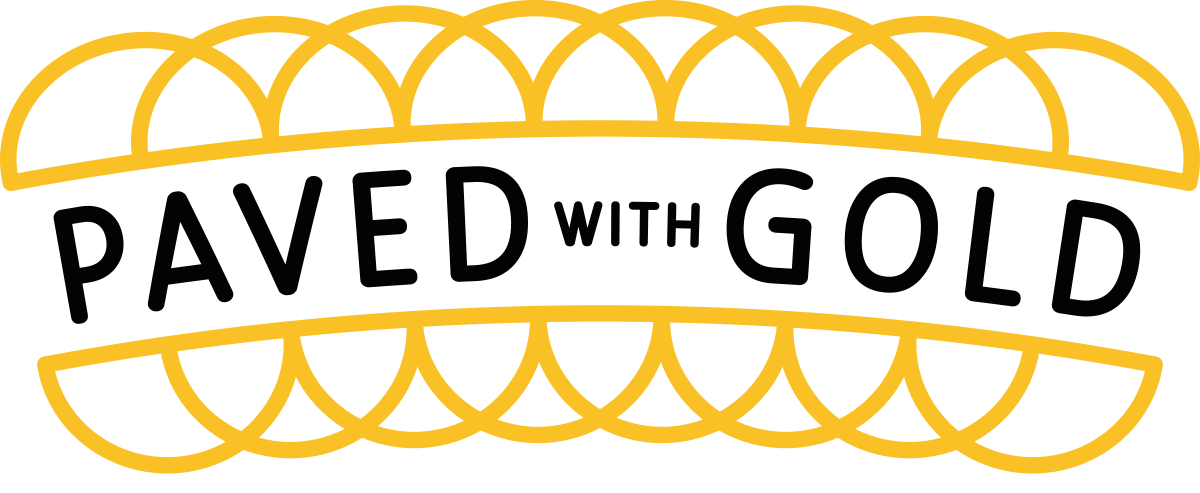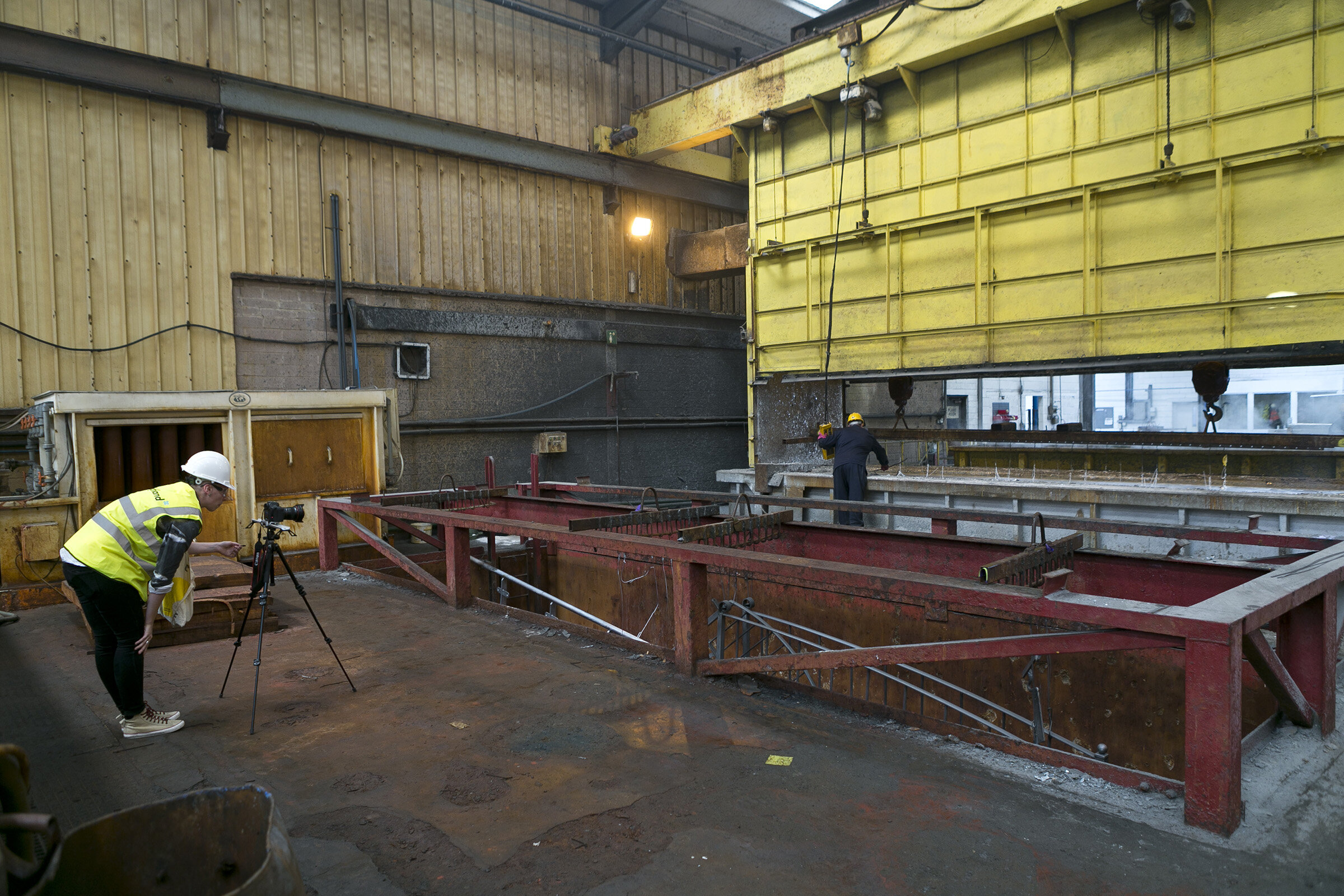On behalf of Make Works Scotland, we are partnering with Kulturzentrum LUISE in Munich to fully understand the potential for communities rooted in local craft, sustainability and grassroots networks to make a difference locally and globally.
With Helen Voce, Make Works Scotland (MWS) Co-Lead, taking the reigns we are planning an exchange between Scotland and Bavaria. First, German partners will participate in a three-day guided visit to Scotland, meeting Make Works listed manufacturers/makers and representatives of creative and cultural hubs to gain an insight into their work, plus maker communities/practitioners in the wider, existing MWS creative community. We look forward to cross-cultural conversations around zero-waste, sustainability, circular economy and more, and the role of purpose-driven enterprises and communities.
Building on this, MWS and Scottish representatives will visit Bavaria for a two-day workshop to reciprocate meetings and conversations with German partners in the LUISE cultural centre and via guided visits to the Munich Creative Quarter. This will be followed by a one-day MWS workshop to map regional creative assets, producers, makers, manufacturers, skills, hubs, etc.
We’re looking forward to regular pre-meetups with our German partners!
This activity is thanks to funding from the Cultural Bridge Programme - of which we are one of 15 partnerships between UK and German-based organisations, who have been awarded funding to develop cultural projects exploring issues facing communities across both countries.
With investment from seven major partners: Fonds Soziokultur, Goethe-Institut London, Arts Council England, Arts Council Northern Ireland, British Council, Creative Scotland and Arts Council of Wales/Wales Arts International, Cultural Bridge is the first project that sees all organisations collaborate on a single fund.




